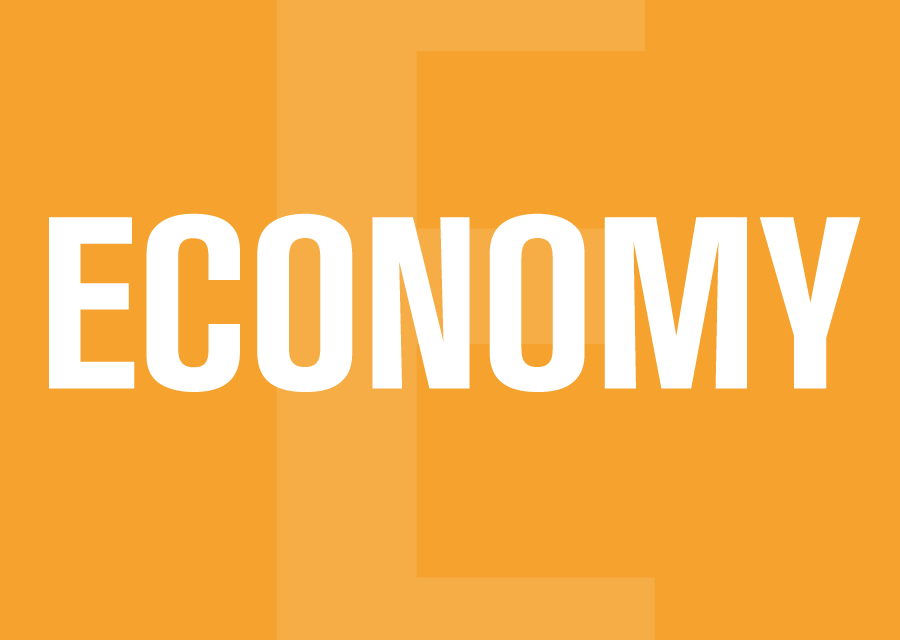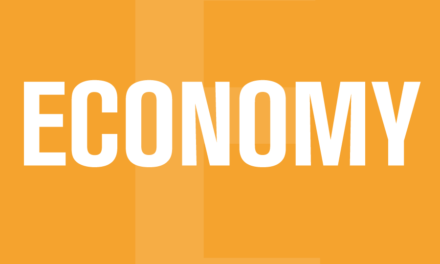The federal Liberals have certainly opened up the proverbial can of worms with their proposals for changing the taxation rules affecting small businesses. If there were such a thing as a Richter scale for backlash, this one would be closing in on 9.0.
Opposition has been growing since the mid-July release for public comment of the details underlying a Liberal campaign promise to stop highly paid individuals – including physicians – from using the small business tax regime to reduce their taxes. The Coalition for Small Business Tax Fairness has organized doctors, farmers, lawyers, shop owners and other small businesses across the country to fight the changes. In Nova Scotia, some Liberal MPs have held town halls for feedback, and received it in spades from overflow crowds. The previously slumberous provincial Conservative opposition has launched a petition demanding that the McNeil government call on the feds to stop planned changes “before they cause damage to our economy and make healthcare worse” by driving doctors out of the country.
Atypically for such a complex subject, the news media have been all over the story, tossing around terms like “income sprinkling” and “passive investments” as if they were topics of everyday discourse. And the pundits have been hammering the Liberals. A columnist for a national newspaper accused them of declaring class warfare, pitting the pampered wage earner with her employer-supported pension, paid vacation and parental leave against the rugged individualism of the small businessperson. Locally, the Chronicle-Herald’s Jim Vibert saw murderous intent. The feds, he fulminated “are killing small family businesses, discouraging initiative and risk-taking and aiming a bullet at the brain of weak economies, like Atlantic Canada’s.”
While some are forewarning the apocalypse, the Liberals are trying to frame the debate as an effort to level the playing field between the middle class and the one per cent. How it plays out won’t be known for a while, with consultations continuing officially until next month. But so far it is not looking good, either for Liberal competence or for real progress in making the rich and the large corporations pay their fair share of taxes.
Doctors pose a problem
The hysteria that has been building all summer morphed into pathos last week when female physicians conducted a roundtable at the very same Kelowna hotel where the Liberal parliamentary caucus was holding its pre-session retreat. The doctors’ discussion was summed up by Dr. Gigi Osler, newly elected president of the Canadian Medical Association. As the CBC reported, Dr. Osler maintains that the proposed changes could cause women to leave the profession, or as she put it, force them “to chose between their dream job and being a mother.”
That’s likely not the kind of response our flamboyantly feminist Prime Minister wanted to hear when he set out, in the name of tax fairness, to change the rules affecting small business. But it was not surprising.
For years now private practice doctors, along with other professionals, have been setting themselves up as small businesses. Doctors Nova Scotia says that 75 per cent of this province’s physicians are incorporated.
Whether the Nova Scotia government encouraged them to do so as a backdoor way of increasing their incomes is not known, but that is what happened in Ontario. According to Michael Wolfson of the University of Ottawa, the Ontario government changed the law in 2005 to allow spouses to become shareholders in a small business set up to receive a doctor’s income. The number of private doctor companies in Ontario began to explode after that, from under 1,500 in 2004 to more than 20,000 now.
This has created a thorny problem, one that makes more relevant the Nova Scotia Conservatives’ petition calling on the McNeil government to speak out. In light of reduced federal health transfers it’s hard to imagine Nova Scotia or any province wanting to pay higher fees to compensate private practice doctors for bigger tax bills that result from the feds changing the small business rules.
Political games
With Nova Scotia and other jurisdictions worried about a shortage of family doctors it seems politically dumb to be messing with their incomes – fairly taxed or not. And in a time when politicians attack “red tape” and join the media in venerating the entrepreneur, the same can be said for the small business sector in general. The Liberals claim they are only going after the highly-paid professionals, not the corner store or restaurant owner. But tighter rules to nail the wealthy dentist, doctor, lawyer or accountant will also affect the mom-and-pop operation.
Moreover, the way in which the Liberals have handled the issue over the last couple of years is not likely to reassure small business. The commitment to crack down on wealthy Canadians setting up small businesses surfaced before the 2015 election campaign as a “gotcha” for the Liberals after some economists described the NDP’s promise to cut the small business tax rate to 9 per cent as primarily benefitting the rich. As the University of Calgary’s Jack Mintz put it in a Jan. 28, 2015 Huffington Post article, “[It’s] something to make the rich richer…We find that 60 per cent of the small business deduction goes to households with more than $150,000 in income.”
Mintz suggested that the NDP rethink its policy on the small business tax. The NDP didn’t take that advice, but the Liberals were listening.
The Liberal platform committed to the same rate reduction as the NDP but – outflanking the NDP on the left – added a commitment to ensure that small business status “is not used to reduce personal income tax obligations for high-income earners rather than supporting small businesses.” During the election campaign, Justin Trudeau reiterated the gist of that plank in his one-on-one leaders interview with Peter Mansbridge. But he ad-libbed a serious misstatement, claiming that “a large percentage of small businesses are actually just ways for wealthier Canadians to save on their taxes.”
That was wrong. None of the expert studies that preceded the Liberal policy on the small business tax suggested that a large – or even significant – percentage of small businesses were set up as tax shelters. What they claimed was quite different – that the largest percentage of the benefits from the business tax regime went to high income earners, who represented only a small percentage of small business owners.
Trudeau’s misspeak was immediately pounced on by the other parties. The NDP demanded that Trudeau apologize “for smearing small-business owners as tax cheats.” Conservative Jason Kenney called small business “the heroes of our economy, but J Trudeau says ‘a large percentage’ are just tax dodges for the rich.”
If there ever was an apology or clarification of Trudeau’s remarks during the campaign or in the months since it has become lost in the rush of events. However, the Liberals’ attitude toward small business was reiterated in their first budget, which kept the rate at 10.5 per cent, postponing the platform commitment to reduce it by two points. So it’s little wonder that small business was riled up and in no mood to play nice by the time details of the proposed changes were released two months ago.
Better options
In addition to being politically risky, the exercise seems like small potatoes in the big picture of government finance and corporate taxation. The government has estimated increased revenue of $250 million from cracking down on income sprinkling – the practice of diverting income from a business to lower-income family members. No revenue estimates have been produced for the other practices being targeted. But $250 million is barely a drop in the bucket of federal revenue that exceeds $300 billion a year.
And while pursuing – at least for now – small businesses set up by highly-paid professionals, the Liberals are giving a pass to highly-paid corporate executives. Citing concerns about stifling innovation they hit the pause button on a campaign promise to close down a much more costly $840 million perk exempting those executives from paying tax on 50 per cent of their income from cashing stock options. That same discount, applied to all forms of capital gains, is worth about $10 billion a year, according to Canadians for Tax Fairness.
Then there is the general tax rate on large corporations, cut nearly in half over the last 15 years. Although raising the rate by a single percentage point would yield close to $2 billion a year the Liberals have shown no interest in going that route – this despite recent polling showing that most Canadians agree that large corporations are paying too little tax, while only one in ten believe that’s the case for small business. If it’s more revenue they want, the Liberals should go hunting where the ducks – and potential votes – are.
So why are the Liberals spending political capital for what seems like such a small return? Why get in a brawl with two of the more admired groups in society – doctors and entrepreneurs – when there are many alternative ways to raise revenue? They may see it as a necessary first step in bringing about thorough tax reform. But aside from raising taxes on high income earners in their first budget, there’s little in their program or performance suggesting that to be the case. Another plausible explanation is that just as with electoral reform, the Liberals took a position to neutralize or embarrass their NDP competition during the election campaign, but in government are prepared to back off in the face of opposition.
Most people agree that First-Past-the-Post needs to be reformed, but getting it done isn’t easy. It takes leadership, commitment and compromise. Probably even more people would agree that the tax rules for small business should not be used to help the rich avoid paying their fair share. But again, working out the details requires leadership, commitment and compromise. The Liberals botched the electoral reform process, then killed it. They are in the process of mishandling small business tax reform, with a similar outcome a clear possibility.
-30-





